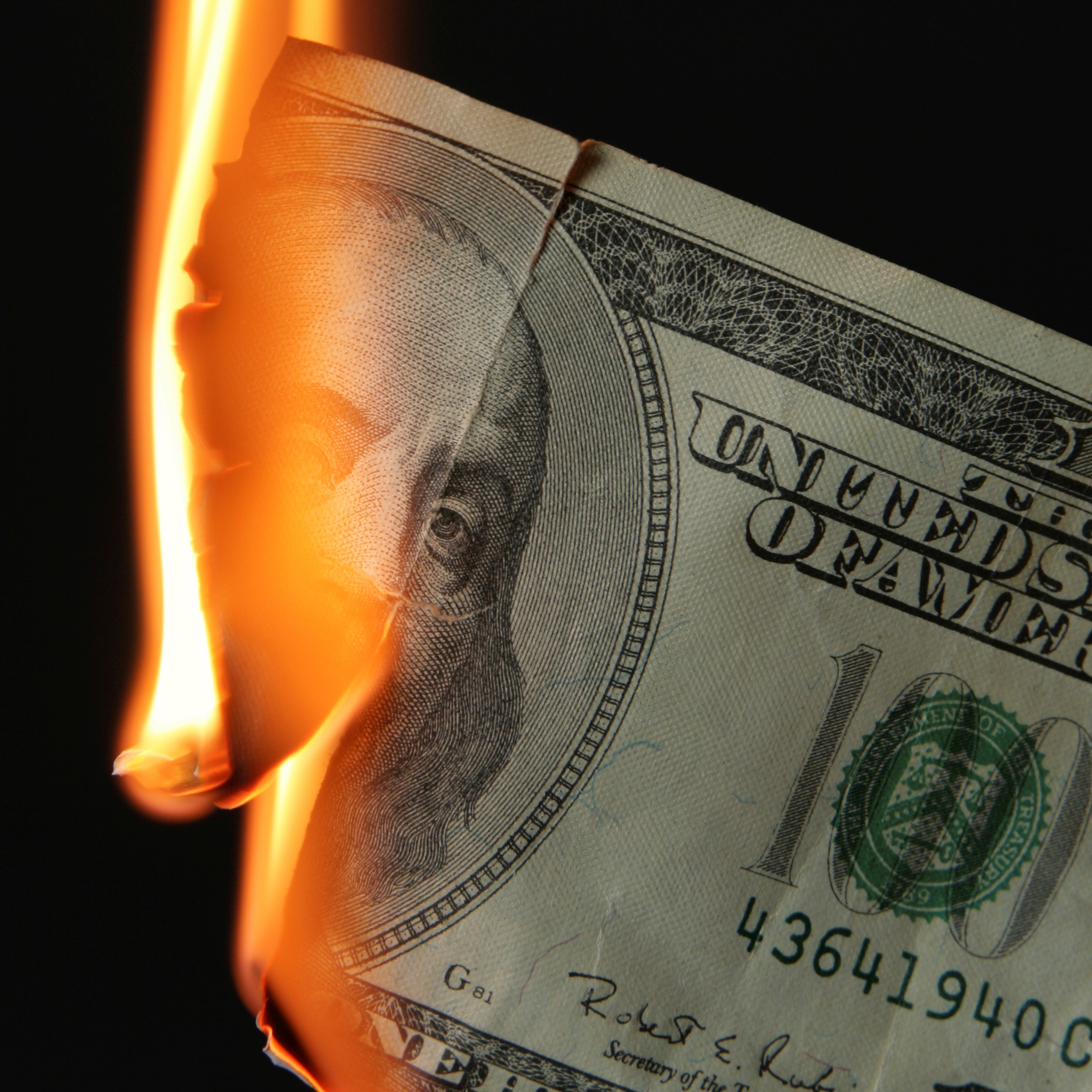Economy
Are Sovereign Wealth Fund Liquidations Responsible for Current Market Turmoil?

Published:
Last Updated:

The plunge continues apace. The S&P is now well below its August 24 panic lows, with the Nasdaq knocking on the door within 100 points of that critical support zone. The Dow Jones is about 300 to 400 points away.
With some blaming the rout on the possibility of more Federal Reserve rate hikes and others looking towards China, the real answer may actually be oil. The first Fed rate hike has not even remotely affected credit levels, so its effect on stocks can only be psychological and temporary. The December rate hike only served to neutralize excess bank reserves by $250 billion, and with $2.12 trillion (see table 2 column 1) in excess to go, there is plenty of room to hike rates further without affecting the credit supply at all.
While China is certainly experiencing its own problems, these are not enough at this point to bring U.S. markets as far down as they currently are in the face of the still-expanding U.S. credit supply. That leaves oil as the prime suspect. As oil prices rise, exporters like Saudi Arabia and Norway amass sovereign wealth portfolios to invest the surplus, and word has it that those countries that depend on oil income to support their budgets are starting to liquidate assets.
While the exact holdings in these sovereign wealth funds are not completely transparent, some extrapolation can be made from foreign exchange statistics. Saudi Arabia for example has shed 15% of its foreign exchange holdings since the middle of 2014. Norway, which boasts one of the largest oil-backed sovereign wealth portfolios in the world, has liquidated 4.3% of its own foreign reserves as of December, and that number is probably higher now as oil has fallen another 35% since.
Saudi Arabia’s state budget deficit is now at a record high, even worse than the 2008 financial crisis, when oil also saw one of its most extreme plunges in modern history. Unlike 2008, however, this time the oil plunge is due to oversupply issues restricted to the energy sector itself rather than an economic domino effect that started in housing and infected the banking sector.
The only way the oil rout can cause a systemic banking collapse is if the Fed keeps hiking rates while oil keeps falling, absorbing all excess reserves and leaving bank balance sheets exposed. If every quarter point absorbs $250 billion in reserves as the December rate hike did, it would take between eight and nine interest rate hikes of 25 basis points each to expose the banking system to any risk of systemic collapse due to an oil debt contagion.
The conclusion being that the U.S. credit supply is still expanding while oil exporters seem to be selling stocks at a discount to close their budget gaps. When foreign selling pressure abates, stocks could catapult back to their highs relatively quickly.
Thank you for reading! Have some feedback for us?
Contact the 24/7 Wall St. editorial team.